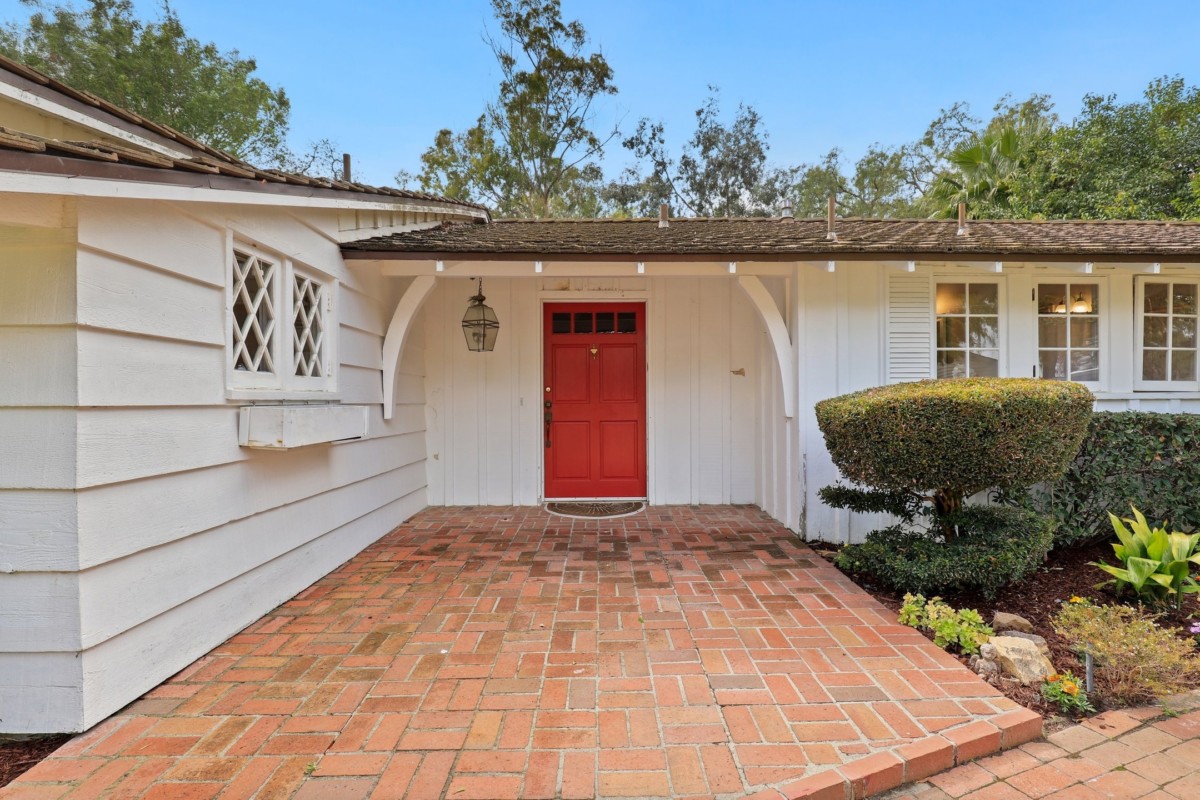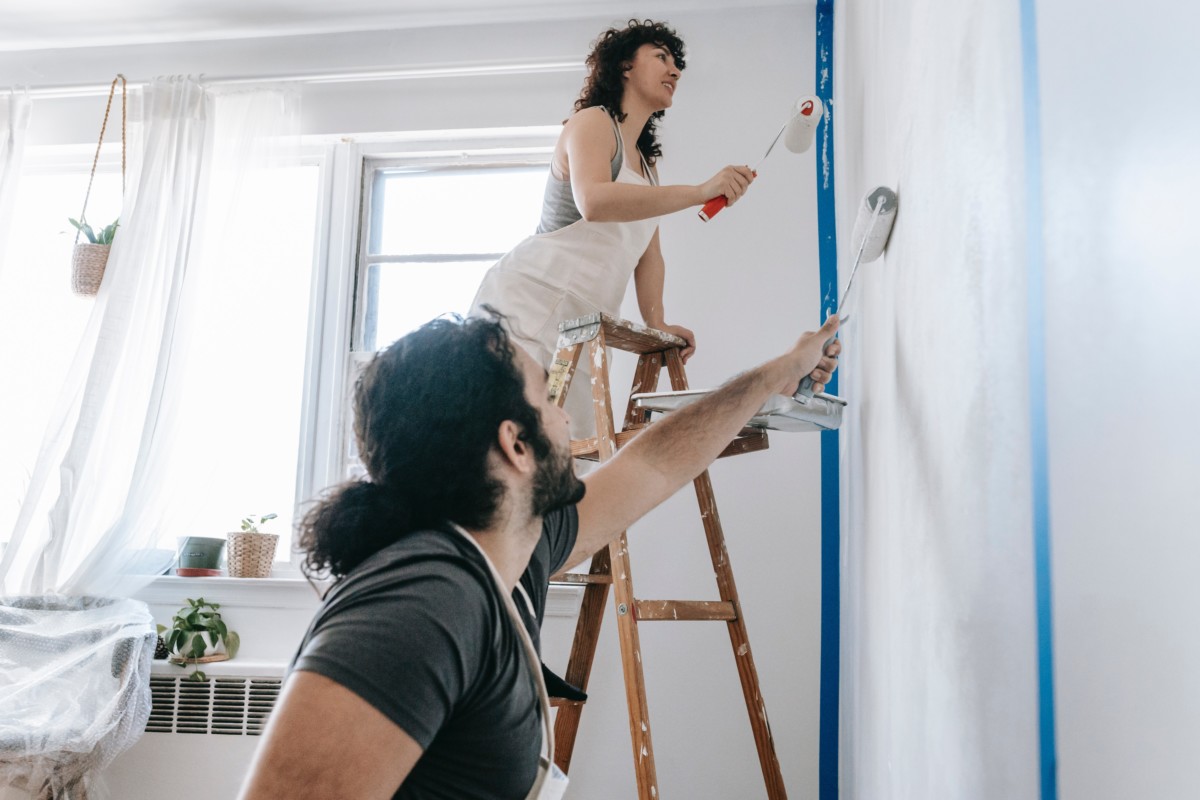A Guide On Selling Your House Fast
Selling your home can be stressful, especially if you’re on a time limit or have financial constraints. Whether moving quickly for a new job or personal reasons, you’ll need to get creative with your plans to increase your chances of selling your house fast. The main concern is that having a home on the market longer than a few weeks can indicate to other homebuyers that there may be a problem with the house. That could mean fewer interested buyers, fewer offers, and possibly a smaller sales price. Luckily, there are a few tactics you can use to help sell your old home quickly and get into a new one right away.
In this guide, we’re covering all the key details of selling a home fast, including:
- Deciding if you’re ready to sell your house
- How to prepare for your home sale
- Creating a selling strategy
- Marketing and showing your home
- Mistakes to avoid

Decide if you are ready to sell your home
In the face of a strong seller’s market, the prospect of selling for top dollar may be too good to pass up for some. But the decision to sell shouldn’t be based solely on the market. You need to also consider the specifics of your needs and your financial situation. Here are a few things to consider.
Can you afford the cost of selling your house?
While most people fixate on the 6 percent real estate agent fee, the cost of selling your home is actually more. It costs close to ten percent of a house’s selling price to sell your home. In addition to real estate commissions, you may also have to pay for:
- Repair and renovation
- Landscaping and lawn care
- Home staging, photographs, and cleaning services
- Seller concessions
- Transition and overlap costs
- Potential tax bill
- Moving costs
If you haven’t built adequate equity in your home, it may not make financial sense to sell. You can estimate your equity by subtracting what you owe on your home loan from the potential sales price. To get an idea of what your home will sell for, you can also use a home sale proceed calculator. Also, consider looking at real estate comps in your area and be sure to look at homes that are similar in home size, lot size, and updates to yours.
Can you afford to buy a new house?
If you’re selling for top dollar, you’re likely to make a profit on your house, which depending on how much you profit, you could owe capital gains tax. You can delay payment by reinvesting in another house, which kicks the tax down the road until you “realize” the gain. This is called a 1039 Exchange, and you should talk to your accountant about it before deciding to sell.
But even if a tax burden does not loom over you, you still need to consider the cost of moving into your new home. If you plan to buy a house instead of moving back into a rental property, as most home sellers do, you may find yourself in a high-intensity market where you need to make offers quickly. You’ll also need to consider closing costs on your new house, typically three percent of the purchase price.
And even if you don’t plan to buy, you still need to cover the cost of moving, which the average person spends between $800 to $2,200 to move in-town. While a cross-country move costs $4,000 on average.
Is selling your house the best option?
If you’re looking for certain interior features or more space, it may make more sense to renovate your current house. This is especially true if your home is valued on the lower end of your neighborhood market. Updating your home to your exact needs not only gets you the living space you desire but can also earn you a better return on your investment. Plus qualifying renovation costs are tax-deductible.
Have you sat down to consider exactly why you want to sell your house? If not, now is the time to get clear on what outcomes you want to achieve by selling your home or if you can get the same outcomes through home renovation or other means, be sure to consider what fits your needs best.

How to get a house ready to sell quickly
A little preparation will go a long way in getting your house to sell quickly and for the best price.
Pre-listing preparation tips
Before your real estate agent puts your house on the market, you need to prepare it for potential buyers. Just like showcasing merchandise in a store, you need to showcase your home for wide appeal. Here are our best-selling tips:
- Decluttering: This is your first step, and it’s a doozy for anyone who isn’t a minimalist. Decluttering your home means pulling all unnecessary items from shelves, table tops, counters, and other surfaces. You want your home to look as much like a hotel as possible.
- Depersonalize your home: Though it may pain you, it’s always best to remove personal items like photographs and personal collections from your home. You want your house to be a blank canvas which potential buyers can picture their future home.
- Temporary storage: Where do you put the clutter you keep and your personal effects? Using a local storage company, ideally temperature-controlled, is a great way to go so your stuff is completely out of the way for showings and home inspections.
- Cleaning: Everyone loves walking into a clean, fresh-smelling home. Deep cleaning, which includes tasks like bleaching grout work, is your best friend. If it’s affordable, you can hire a professional cleaning company to get your home in the best shape possible.
- Painting: If your home is painted in bold colors, you should consider repainting your home in neutrals. Hiring professional painters will cost between $1,200 to $3,900, while a DIY option is the cost of paint, supplies, and your time.
- Staging: Furnishing rooms to showcase their potential (and downplay their flaws) is called staging. You can stage your home with your belongings with or without the help of a professional. Full professional staging costs around $2,500 depending on where you live.
- Curb appeal: The book is always judged by the cover when it comes to real estate. Having a well-kept lawn, tidy landscaping, and fresh-looking paint is a great way to make an inviting first impression.
- Renovations: If your home needs renovations and it’s in your budget, paying for renovations can pay off big time. Adding a half bath or remodeling a bathroom, upgrading your appliances, and refinishing a deck are all smaller projects that can make a huge impact.
- Photography: Getting amazing real estate photos and, ideally, having a 3D home tour attracts more buyers and tends to sell for higher prices. In a fast-paced market, buyers want to know as much as possible about a home before they go see it.